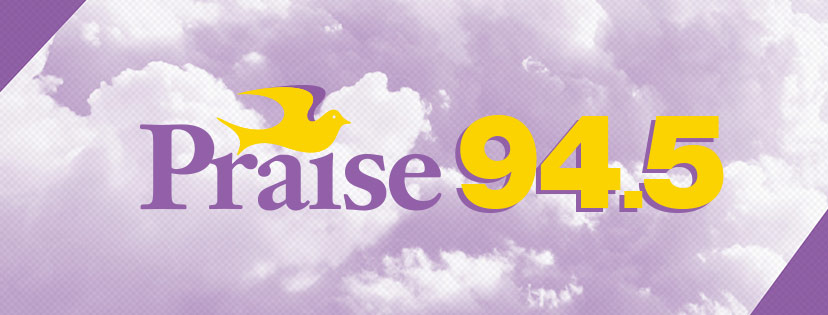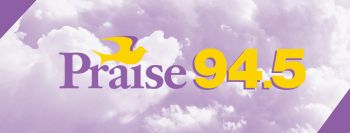Last week, we learned that African American unemployment rates stayed level last month, with an absurdly high official unemployment rate of 14.1 percent. Unemployment rates for African American men fell, while those for African American women rose. These rates are way too high and understate the extent of pain that exists in the African American community.
The philosopher Albert Camus wrote, “Without work all life is rotten” because so many people value and define themselves by the work they do. Indeed, at many professional social gatherings the first, second, or third question is: “What do you do?” Work seems to anchor us to stability, and to the world. Too many African American people have no anchor.
While President Obama, Vice President Biden and other key Democrats have acknowledged that unemployment rates are not falling quickly enough, few deal with the psychic effects that unemployment has on the person. For many, it causes a malaise and a sense of absolute disconnection. Others feel disillusioned and depressed, although others use their own talent at entrepreneurship to create work where there is none, using skills to offer goods and services to their neighbors.
We don’t need government data to validate the pain that many in the African American community experience, far more pain than experienced in other communities. The overall unemployment rate dropped from 8.3 to 8.1 percent with African American unemployment staying level, means some are enjoying our tepid economic recovery, while others are waiting for gains to trickle down.
Unemployment data were released on September 7, and the poverty data released on September 12. That’s a double whammy for African Americans. Not only is the employment situation stagnant, with “real” unemployment rising as high as 25 percent, but new data on income and poverty suggest, again, that African Americans experience a greater burden than others in our society. The poverty rate among African Americans rose from 27.6 to 27.8 percent.
Some might describe these numbers as “not statistically significant,” but try telling that to the 200,000 more African Americans in poverty. Overall, poverty rates dropped slightly from 15.2 to 15.1 percent. This means that nearly one in six Americans experience poverty, while one in four African Americans and Hispanics experience poverty.
CLICK HERE to read story
article courtesy of BNCC1.com












